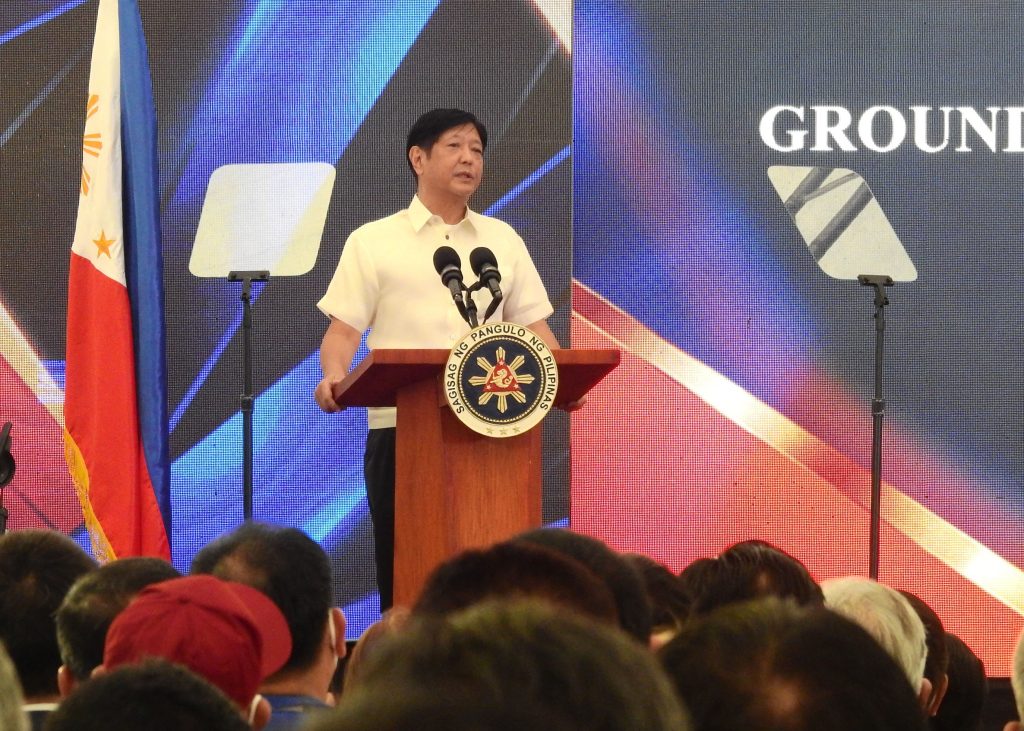PRESIDENT Ferdinand R. Marcos Jr. issued Executive Order No. 39 imposing price ceilings on rice nationwide to provide “reasonably priced” basic necessity to every Filipino.
The EO mandates a price ceiling of the regular milled rice at P41 per kilogram while the well-milled rice at P45 per kilogram.
The price cap was a joint recommendation of the Department of Agriculture (DA) and the Department of Trade and Industry which the Executive Secretary Lucas P. Bersamin signed the EO for effectivity on August 31.
“The mandated price ceilings shall remain in full force and effect unless lifted by the President upon the recommendation of the Price Coordinating Council or the DA and the DTI,” the executive order stated.
The DA and DTI have reported a steady supply of the staple food due to rice imports and forecasted surplus on local rice production, however, the rise in the retail price of the basic commodity was due to “widespread practice of alleged illegal price manipulation” including hoarding of corrupt traders, Russia-Ukraine conflict, India’s ban on rice exportation and oil prices’ unpredictability.
Under the EO, PBBM has directed the Department of Interior and Local Government (DILG), Philippine National Police (PNP), and other law enforcement agencies to assist the DA and DTI in ensuring effective implementation of the order and monitoring abnormal price movements.
DA will work hand in hand with the Bureau of Customs (BOC) and was told to coordinate the rice stocks inventory, the list of accredited rice importers, and the location of warehouses to intensify inspections and raids of rice warehouses to steer clear from hoarding and illegal rice importation.
The Philippine Competition Commission, still in coordination with DA and DTI, was directed to ensure fair market competition and ‘take measures against cartels or those abusing their dominant position in the market.’
The EO is in accordance with RA 7581 or the ‘Price Act’ Section 7, which states that the President upon the recommendation from the implementing agency or Price Coordinating Council may impose a price ceiling “whenever the prevailing price of any basic necessity or prime commodity has risen to unreasonable levels” and other conditions provided by the law.

